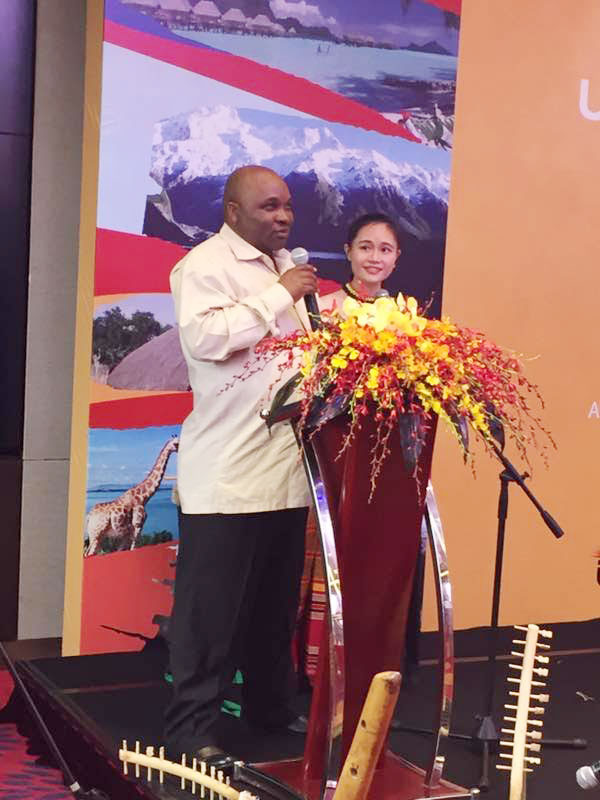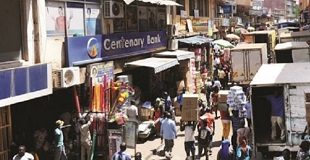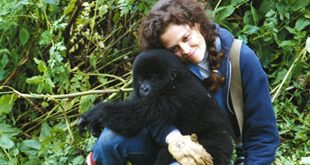
Of late, I enjoy asking a certain question; “What is your story?” It is a question that has helped me understand people better. Many times I tend to misjudge people based on what I have heard said about them. It is only after I have heard them tell their own story that I can have an objective judgement.
Nothing is as powerful as a story in this world. It surpasses everything. We are all a product of stories. Your image of me is a sum of all stories you have heard from me or about me. You know about North korea because of the stories told about North korea.
I had a number of North Korean lecturers at University. After lectures, we always went off into simple talk. I kept on teasing them about America attacking them and their leader. They would get too passionate, talk about the greatness of North Korea and how America is very disrespectful. They had their story.
While at Daily Monitor, my editor assigned me to spend a week in Bwaise’s worst slum aka kimombasa. I rented a house there and decided to hear the Bwaise story. I made friends with all kinds of people. I had one guy in particular who had been born here and was now an adult. He told his story. In the middle of the night he took me deeper in the ghettos where no policeman would dare step. I heard the gangs tell their own stories.
When I featured this guy’s story in Monitor, a German organisation read it and decided to help fund his arts and crafts project in the slum. It all started with a story.
I realize branding is about stories. Marketing is about stories. While in Fort Portal, I had an eureka moment. I asked myself; “what is the Ugandan story? What are the Ugandan stories? Who is telling those stories? And how often are they telling those stories?”
Let me give a disclaimer. I fully agree there are a million things wrong with Uganda. Time and again, we hear them, read about them, some of them have even become songs. We hear of the corruption, the poor healthcare, education, bad customer service. Say it all. We have even formed a narrative around this. If you wrote another story of this kind, everyone will agree and tell you a million more of the kind.
But it also hit me that there are a billion things right with Uganda. So I wondered to myself; “what are these Ugandan stories? Who is telling them? How often are they telling them?”
Talk of pages like Kampala Express, it keeps telling the Ugandan stories through photography. Not much words, it reveals to the eyes the Ugandan hidden to many.
But beyond this, who else is telling the Ugandan stories?
The greatest gift we can give to the next generation of Ugandans is to start telling these Ugandan stories. How about the richness of its cultures, and languages? How about the cuisines? Why did it take a Chinese entrepreneur to start a Local Food restaurant at the airport? Why is it that more than fifty years later, we don’t have a Ugandan cookbook?
Who will tell the story of the Ugandan musicians, artists, poets, scientists and young entrepreneurs? Why should we wait for forces external, for some BBC or CNN to come and tell the Ugandan story?
At the end of the day, we all get reduced to stories told about us. When you see a white man, you see an inteligent, honest, clever person, all because those are the stories you have heard about the white man.
Our kids will face the consequences of our massive inability to own, to curate and tell our own stories. The world judges, understands Uganda through the stories it hears about it.
Stories are the windows to the country and its people. Stories define a people. Between you and me, what separates us are our stories. The difference between Pizza and Mugoyo or Katogo are the stories told about each.
And we can’t resign to half stories, distortions and misrepresentations of this country. Chimamanda once warned of the dangers of a single story. And that has been the case for Uganda and for Africa.
So begin to tell your own story. No one but you understands your story and the exact words to narrate it. And as you tell your own story, tell that Ugandan story.
And maybe as a collective, our kids in future can wake up to a better narrative of Uganda, of Kampala, of its people, of its foods, of its richness and its great potential can be realized.
I thus ask;
What is your story? Who is telling your story?
What are the Ugandan stories? Who is telling them and how often?
 The Independent Uganda: You get the Truth we Pay the Price
The Independent Uganda: You get the Truth we Pay the Price


